
TEL +66-2-009-5000 Ext. 3102
pranee.k@mhm-global.com

TEL +66-2-009-5000 Ext. 3212
hiroki.kishi@mhm-global.com

TEL +66-2-009-5000 Ext. 3103
sarunporn.c@mhm-global.com

TEL +66-2-009-5000 Ext. 3105
kun.t@mhm-global.com
Waste is one of the key sources of energy promoted by the Thai government as the government aims to address the excessive waste problem faced by many municipalities across the country. This is a national agenda in accordance with the national waste disposal and management policy.
In this article, we will focus on waste to energy projects (“WTE Project”) operated by project developers using municipal solid waste collected by local administrative organizations as a fuel source. This article will provide a brief overview of the legal issues related to the development of a municipal solid waste to energy project including steps to be taken to operate the WTE Project, and major licenses and permits required for the WTE Project.
Procurement Process by the Local Administrative Organization
A local administrative organization has the responsibility to maintain an effective waste management and disposal system, which is sustainable and eco-friendly. If a local administrative organization foresees that it would be beneficial to the local population to delegate this responsibility to another authority or the private sector, the local administrative organization may do so.
A summary of the procurement process for a WTE Project by the local administrative organization is as follows:
- Submission of the proposal to the Minister of InteriorAny local administrative organization that would like to appoint a private sector operator or jointly operate a WTE Project with a private sector operator for the collection, transportation or disposal of municipal waste is required to prepare a proposal and submit the proposal to the Minister of Interior or person designated by the Minister of Interior for approval.
- Bidding ProcessUpon receiving the Minister of Interior’s approval, the local administrative organization must commence the selection process for the private sector operator by commencing a bidding process in accordance with the prescribed criteria. In considering and awarding the bid, the local administrative organization will take various factors into account e.g. technological advancement, capability to operate a project of this nature, the fee for waste disposal, etc.
- Entry into an agreement with the local administrative organizationOnce the private operator selection process is completed, the local administrative organization must propose a draft agreement to be entered into between the local administrative organization and the private sector operator. This will be proposed to the Office of the Attorney General for consideration. If the Office of the Attorney General approves the draft, the private sector operator and local administrative organization can enter into the agreement.
If the private sector operator needs to lease land for the project site from the local administrative organization, a land lease agreement will have to be entered into between the private sector operator and the local administrative organization. The rental fee for such leased land shall be specified by the local administrative organization and will be one of the factors for the private sector operator to take into account to determine the waste disposal fee which it submits at the bidding process.
Normally, a WTE Project will be operated on a Build-Transfer-Operate basis. However, the local administrative organization and the private sector operator can also negotiate and change the scheme to be on a Build-Operate-Transfer basis, provided that the relevant agreement(s) is amended, which is subject to the Office of Attorney General’s consideration and approval.
Submission Process for the Purchase of Electricity by Electricity Authority
The Energy Regulatory Commission (“ERC”) is the main authority to regulate and supervise the energy industry including the purchase of electricity from power producers. The ERC is responsible for issuing sub-regulations in relation to the purchase of electricity.
The local administrative organization shall be the ‘project owner’ who shall procure a sufficient amount of municipal waste for generating power. A project developer wishing to operate a WTE Project will have to jointly cooperate with the local administrative organization in accordance with the procedures as set forth above. A project developer shall submit the project to the ERC for their consideration. If the project is approved by the ERC, a power purchase agreement is to be entered into between the power producer and electricity authority. The selected power producer would be entitled to sell the electricity to the Provincial Electricity Authority of Thailand (“PEA”) and Metropolitan Electricity Authority (“MEA”).
In summary, the submission process for the purchase of electricity is as follows:
- Submission of the project to the ERC by the project developerAfter the project developer has made an arrangement with the local administrative organization, the project developer has to submit the project to the ERC for consideration and approval.
- Selection process by the ERCThe selection process shall be in accordance with the Criteria for Procurement of Electricity from Municipal Waste to Energy Project in the form of Feed-in-Tariff (FiT) without having to conduct any bidding process. The ERC shall announce the selected project in the form of a notification.
- Signing of the Power Purchase Agreement with PEA/MEAThe project developer shall sign a power purchase agreement, which is normally the standard form agreement, as imposed by PEA/MEA as the case may be.
Licenses and Permits
There are several types of WTE Project e.g. landfill, incineration, gasification, refused derived fuel (RDF), among others. The required licenses and permits for operating the WTE Project depend on the type of the project as each has different processes and production activities. Below is a list of key licenses/permits that every project developer should be aware of regardless of the type of project.
- Factory LicenseThe power producer is required to obtain a Factory Operation License. The license is required to be obtained prior to the construction of the project.
- Construction licenseConstruction License
A construction license is required for the construction of a building located in (i) areas prescribed by a Royal Decree or (ii) areas where a general plan has been notified and enforced in accordance with the laws governing town planning. The ERC is the authority-in-charge for issuing construction licenses for power plants.
Construction Acceptance Certificate
Once the construction is completed, the power producer shall promptly notify the ERC to examine and verify the construction and issue the construction acceptance certificate.
- Electricity Generation licenseAll power producers shall obtain an electricity generation license from the ERC. The license must be obtained prior to the construction of the project.
- Controlled energy production licenseA Controlled Energy Production License is required for projects that generate electrical energy from combined sources of generation having a total installed capacity of 200 kVA or more. Following the mechanical completion, the application for a controlled energy production license shall be made to the ERC. This license must be obtained prior to the commencement of the operation of the project.
- Environmental reportESA Report
All types of thermal power plants which are not required to prepare an Environmental Impact Assessment Report (“EIA Report”), shall prepare and submit an Environmental and Safety Assessment Report (“ESA Report”). This would be a supporting document to the application for a factory operation license. Since an EIA report is not required for a WTE Project, an ESA Report is required.
Code of Practice (CoP)
A power producer from waste with an installed capacity of less than 10 MW is required to comply with the Code of Practice (CoP) for a thermal power project from waste with an installed capacity of less than 10 MW attached to the notification.
- License to Dispose Sewage or WasteNo person shall engage in the operation of collecting, transporting, or disposing of sewage or waste as a business or for service fees in return, unless a license from a local competent official is granted.
- Zoning lawIn engaging in any business activity, the zoning law which is applicable to the location of the project site must be taken into account whether or not such business activity is permitted in such area. It is worth noting that the zoning law will not be applicable to the power plants that have been or will be developed and operated during the specified time period.
******************************
This article provides a brief summary and overview of the legal issues relating to WTE Projects. Please contact the authors if you require further information on the issues raised in this publication or related issues.
This publication is intended to highlight an overview of key issues for ease of understanding, and not for the provision of legal advice. If you have any questions about this publication, please contact your regular contact persons at Mori Hamada & Matsumoto or Chandler MHM Limited. If you should have any inquiries about the publications, or would like more information about Chandler MHM Limited, please contact bd@mhm-global.com.



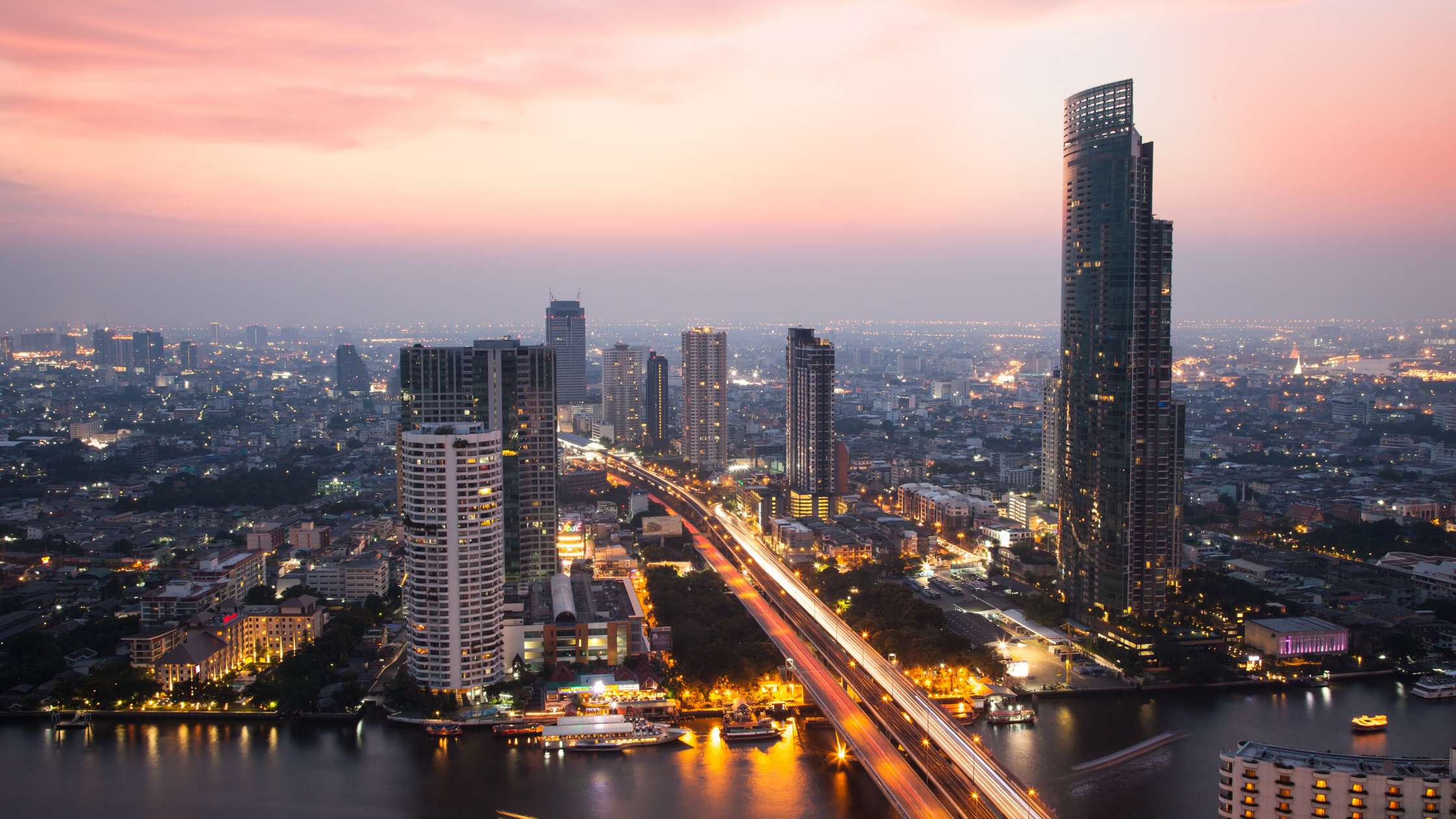

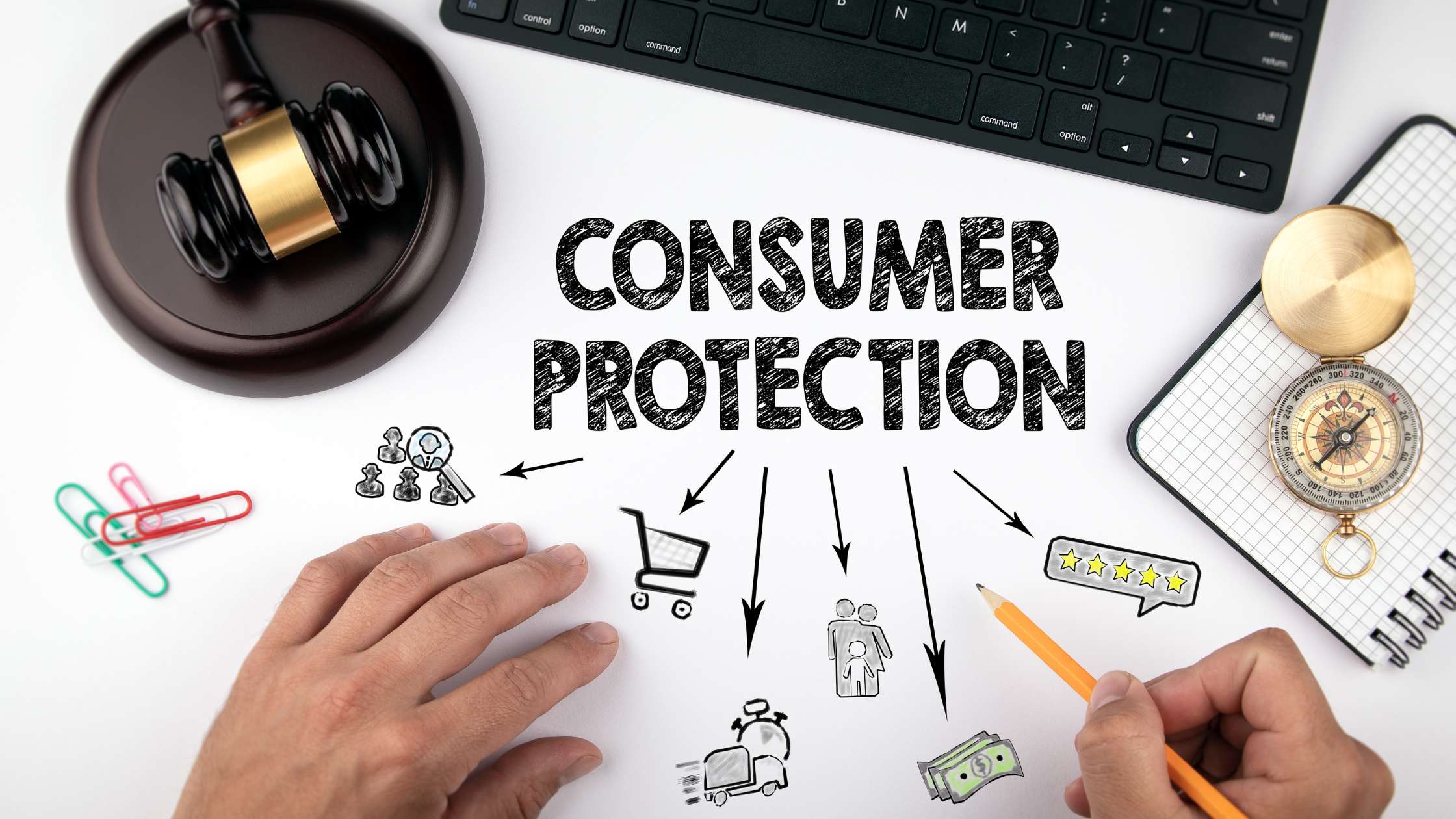
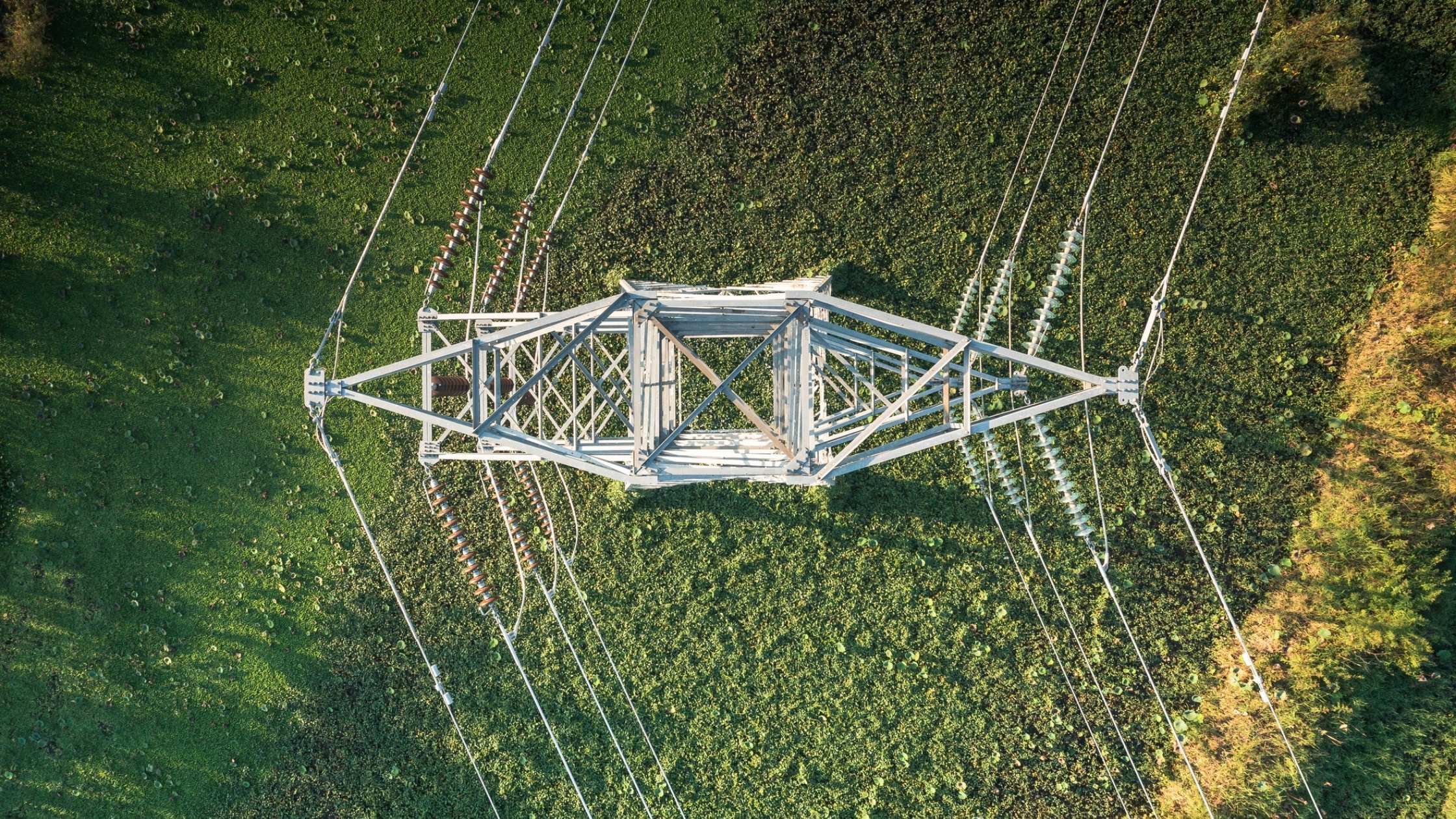






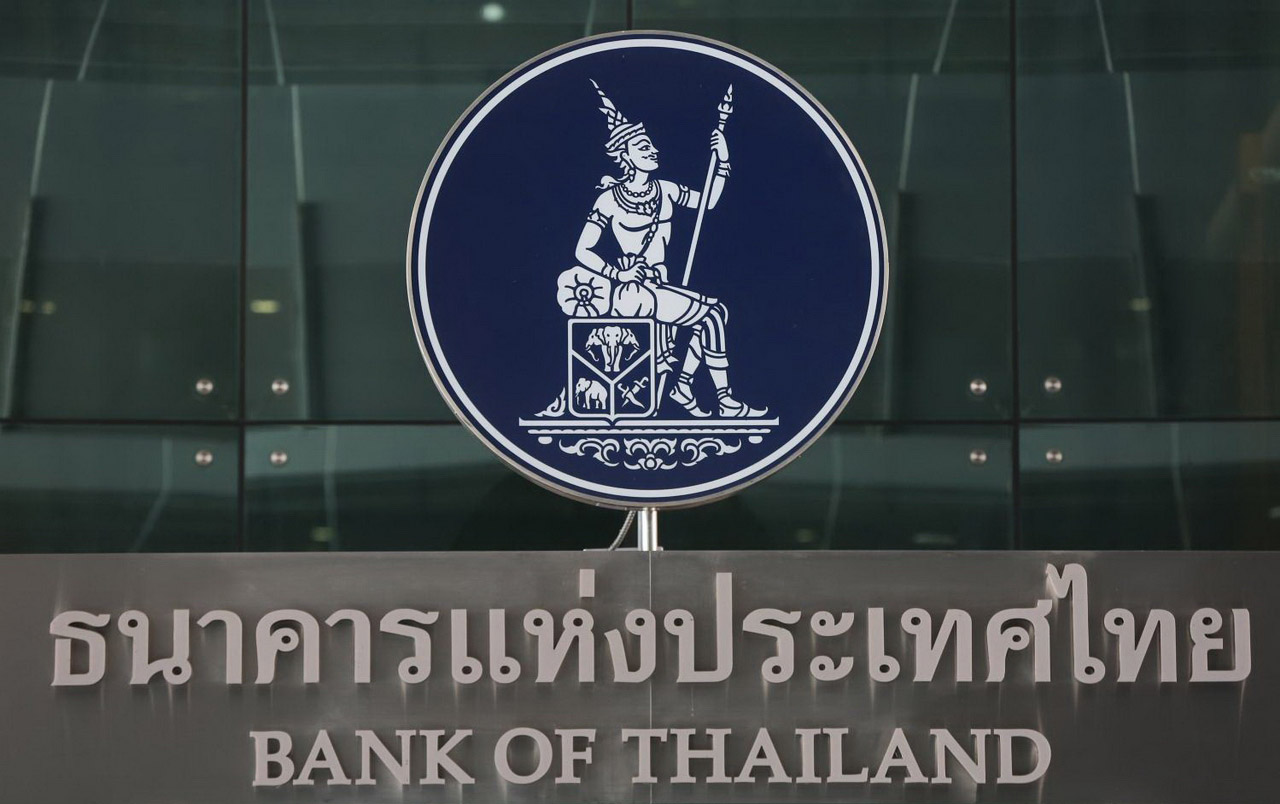


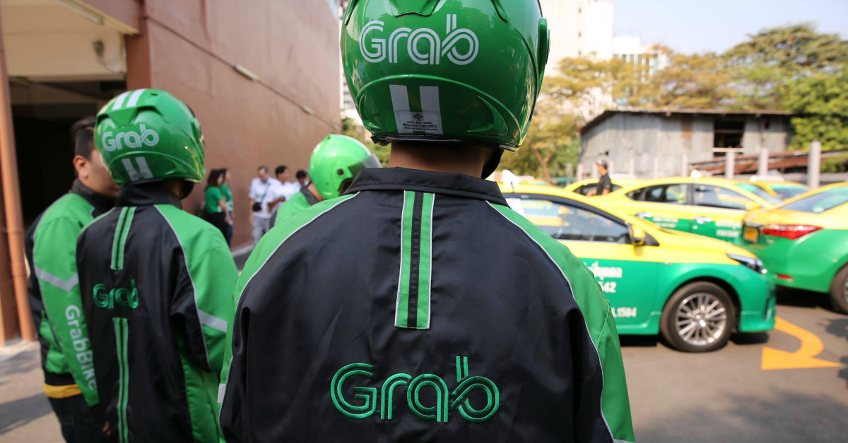

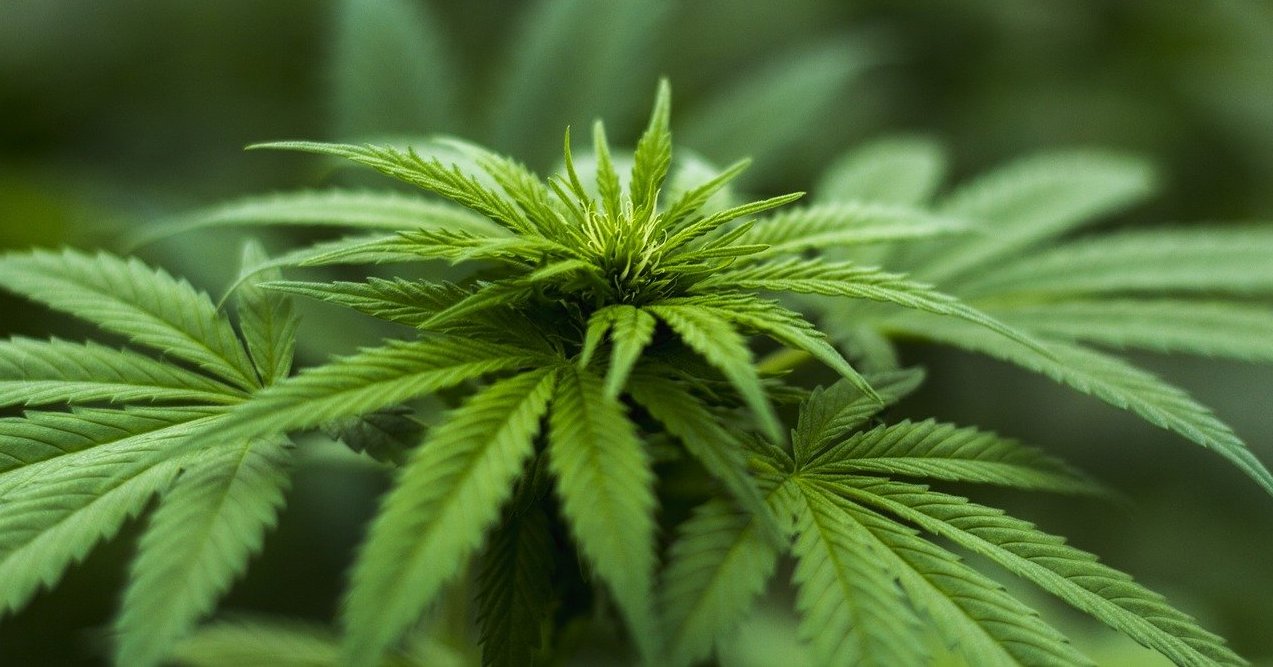










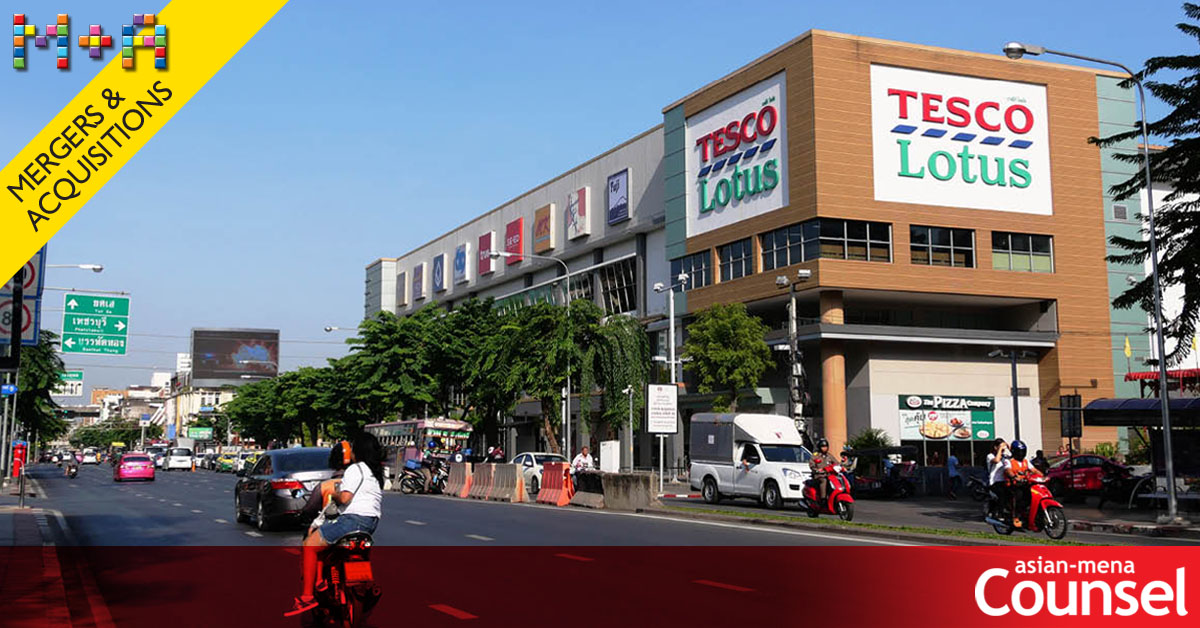
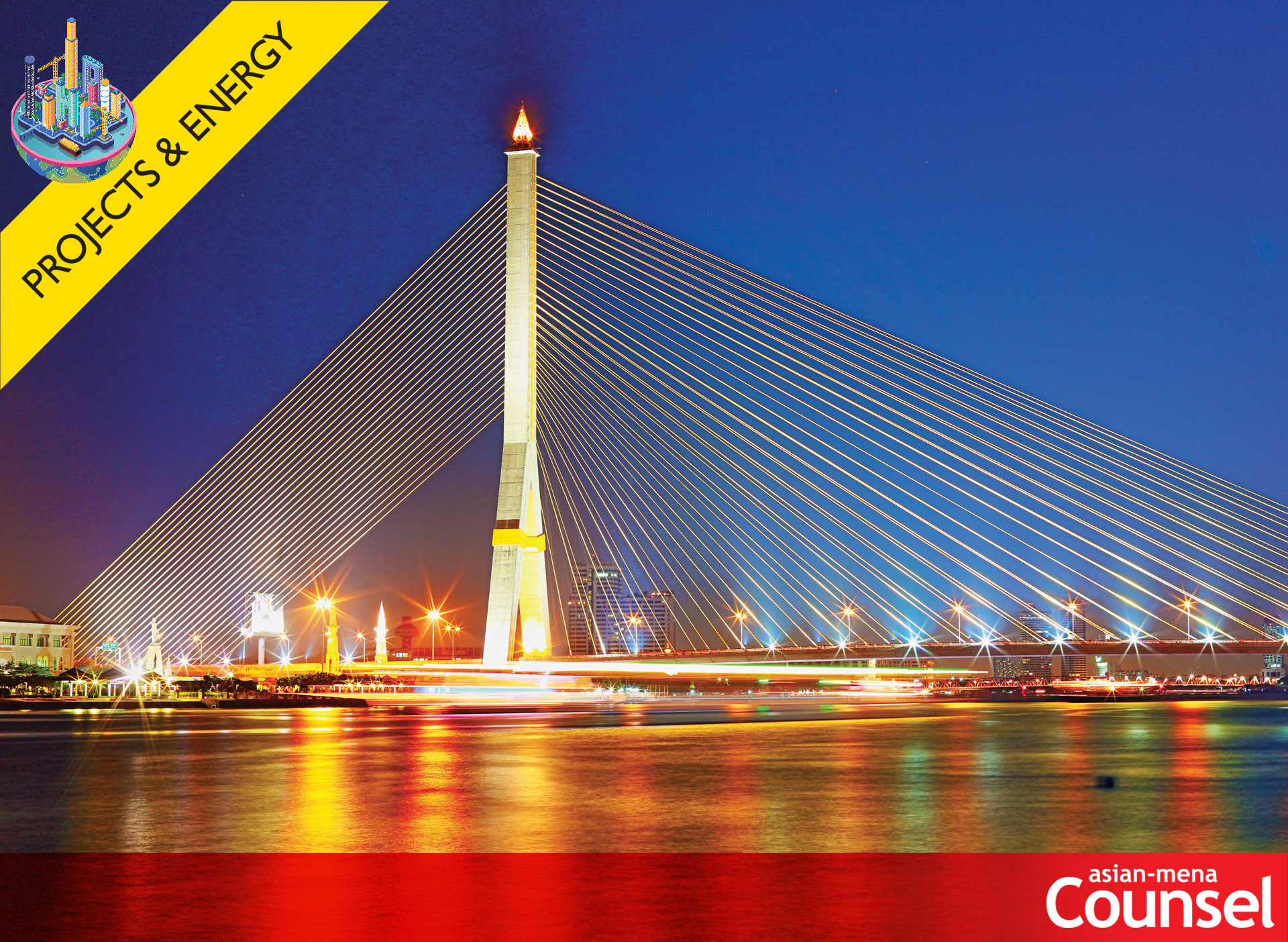
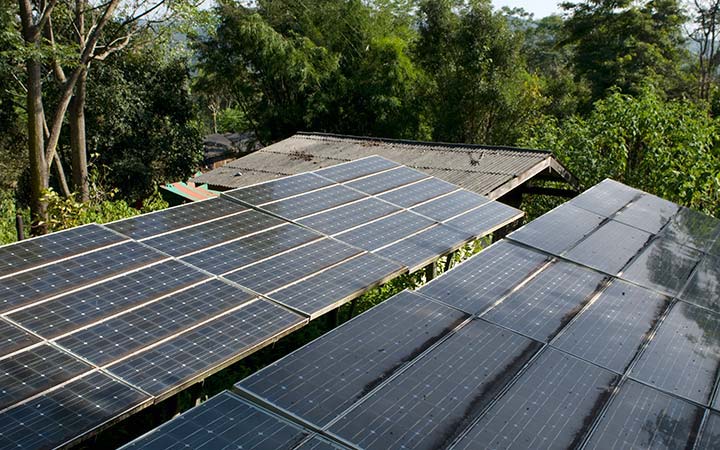



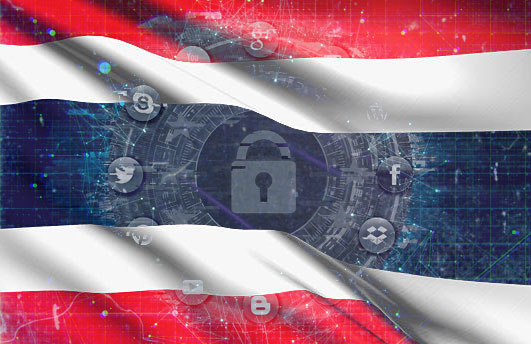

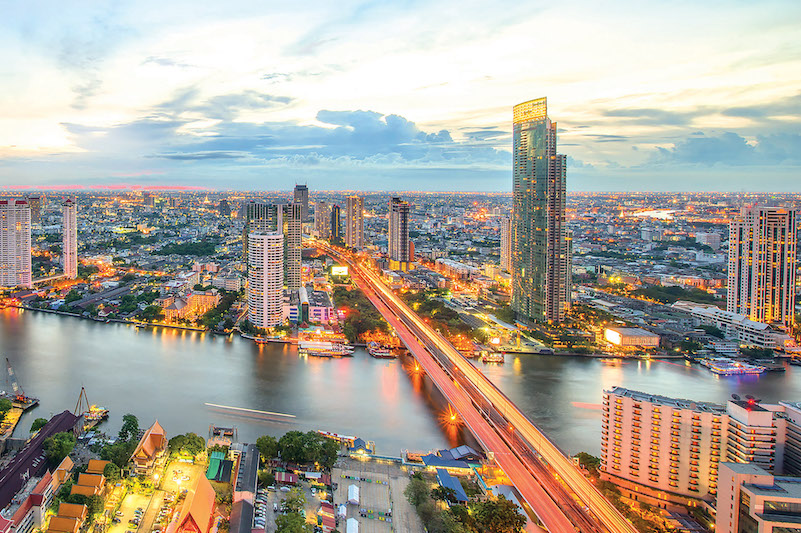

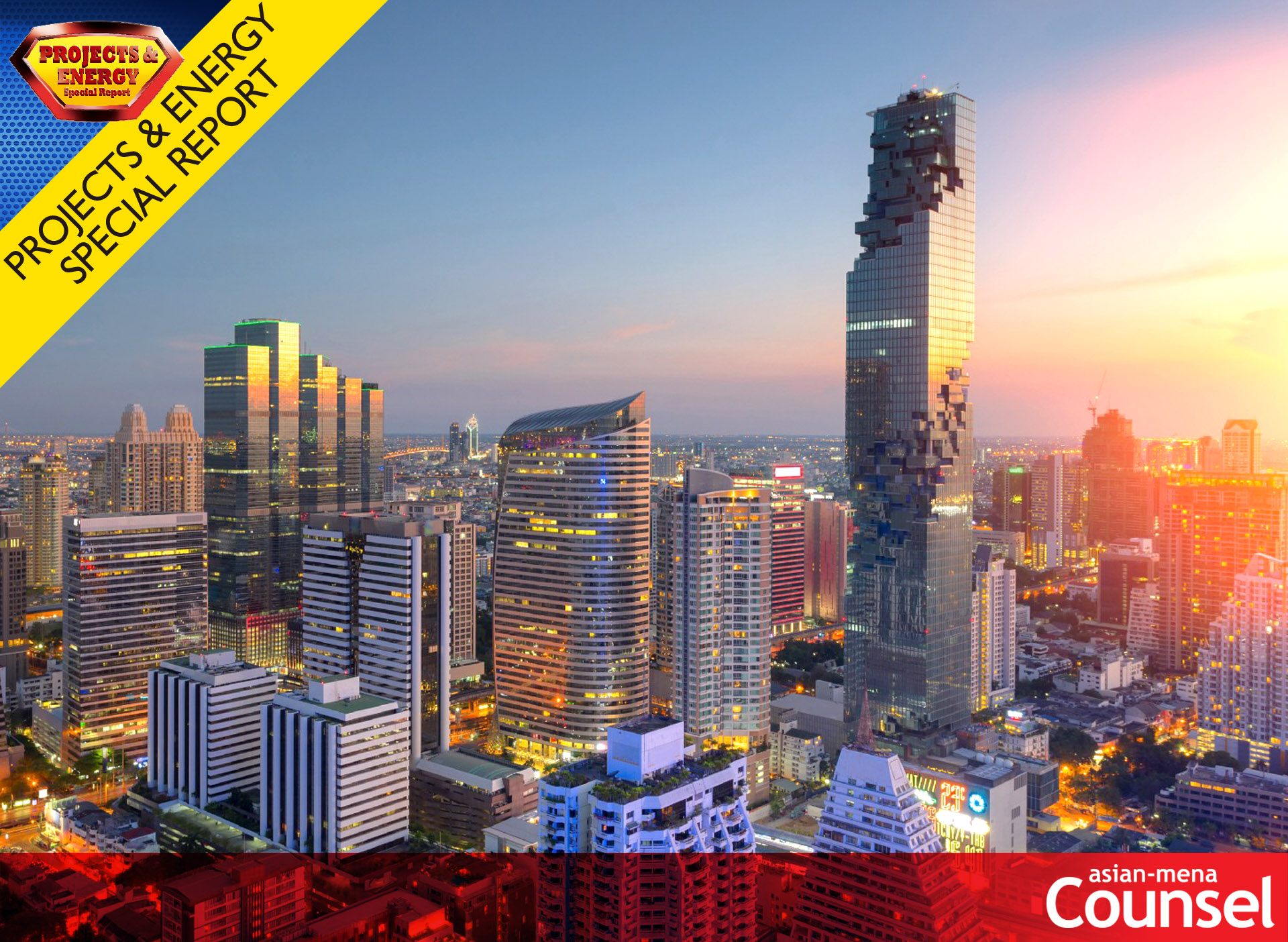















 Chandler MHM Limited
Chandler MHM Limited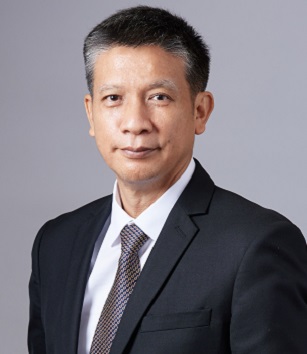 Jessada Sawatdipong
Jessada Sawatdipong







